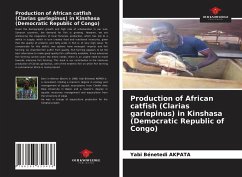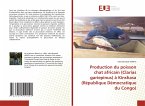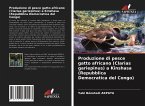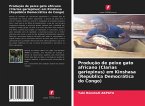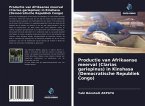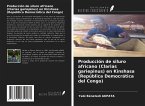Given the demographic growth and high rate of urbanisation in our sub-Saharan countries, the demand for fish is growing. However, we are witnessing the stagnation of local fisheries production, which has led to a deficit in supply, which in turn creates food and nutritional insecurity, given that the quality of proteins and fatty acids in fish is of very high value. To compensate for this deficit, two options have emerged: imports and fish farming. As imported fish suffer from quality, fish farming appears to be the best alternative to make good quality fish sufficiently available. Since extensive fish farming cannot cover the entire needs, there is an urgent need to move towards intensive fish farming. This book is our contribution to the intensive production of Clarias gariepinus, one of the endemic fish on which fish farming in sub-Saharan Africa is mainly based.
Bitte wählen Sie Ihr Anliegen aus.
Rechnungen
Retourenschein anfordern
Bestellstatus
Storno

